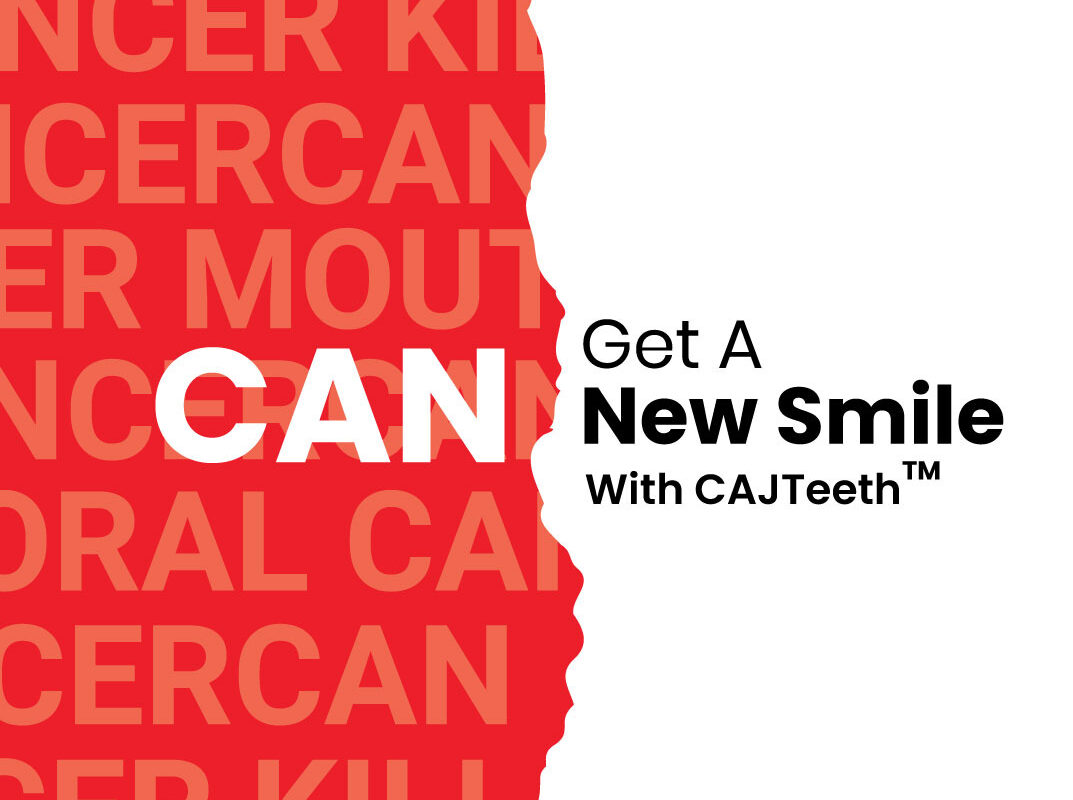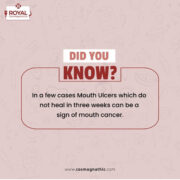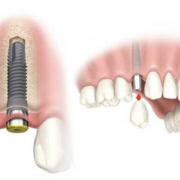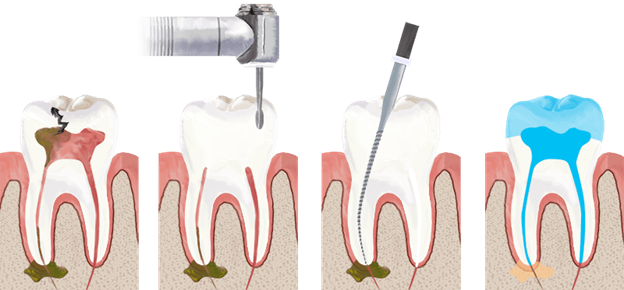Patients with conditions that impact their ability to chew, like oral cancer jaw and traumatic injuries, often require special care to manage their teeth. As an advanced practice provider in dental assisting, you might be able to help your patients find the right dentist or other specialist for these needs. If you have a patient who is struggling with managing their chewing due to an illness or injury, you can refer them to dentists who can offer specialized care or set them up with a specialist from the get-go. You are in a unique position to help your patients find the best possible care for their CAJTeeth.

What is CAJTeeth and why is it important?
Cancer of the mouth most often begins as a small ulcer or lump on the tongue, cheek or gums. Statistically speaking, at least 75% of those diagnosed with Oral Cancer are tobacco users. Those who both smoke and drink, have a 15 times greater risk of developing oral cancer than others. Chronic irritation from a sharp tooth is also known to initiate these changes.
“Our aim at Royal Cosmognathic is to not to Fight Cancer. Aim is to Reconstruct what lost.” ~ Dr. Chirag Chamria
With advent of Cone Beam Computerised Technology (CBCT) a 3D scan of your cancer affected jaw with surrounding structures can now be printed on a 3D printer and accurate mouth cancer surgery along with replacement of teeth in the new jaw is now possible within few hours at Royal Dental Clinics. Here’s one more educating and informative video by Dr. Chirag Chamria, Oral & Maxillofacial Surgeon at Royal Dental Clinics about Cancer Affected Jaw Teeth.
CAJTeeth Restoration
CAJTeeth™ allows for the restoration of teeth which lost due to oral cancer. The rehabilitation of teeth allows for a more normal eating, jaw and oral function. Traditionally, any dental rehabilitation deferred by at least 2 years. But now with the advancement in 3D technology, the teeth can have restored at the same time as that of the cancer surgery
Dental Care for Patients with Cancer
Oral health care is critical for patients with oral cancers. These patients are at an increased risk of tooth loss due to the impact of treatment and potential for complications related to oral hygiene. As an APD, you may be able to assist patients with oral care by providing them with special oral hygiene equipment that offers an alternative to brushing, flossing, and rinsing. If a patient experiences the symptoms of oral diseases such as gingivitis, you can refer them to a dentist for early intervention to avoid further complications.
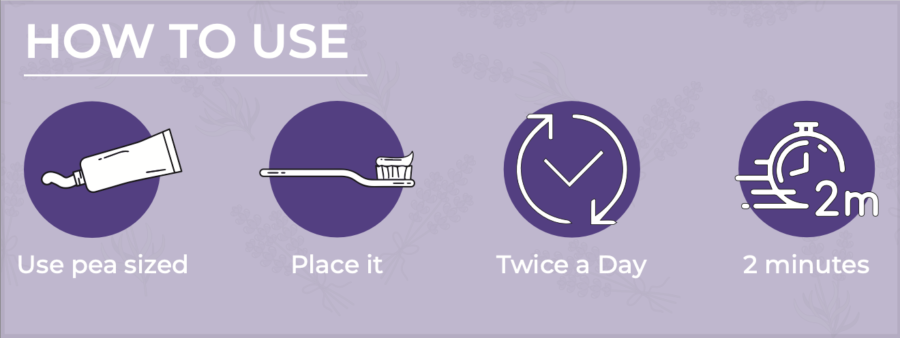
Dental Care for Patients with Trauma
Patients with traumatic injuries may be unable to brush their teeth due to the difficulty in opening up the mouth and manipulating the brush or floss. You can help these patients by cleaning their teeth as you would for a child. You can use a washcloth or gauze to wipe the teeth. If the patient is able to brush their teeth, you can still help by offering them a softer toothbrush or a powered toothbrush with a gentler setting. You can also help patients with traumatic injuries manage their oral health by referring them to dentists who are specially trained in assisting these patients.
CAJTeeth for Oral Cancer in Jaw | Dr Chirag Chamria:
Oral cancer is a life-threatening disease that affects the oropharyngeal region of the head and neck. This type of cancer is different from other cancers in that it is the only one that can have prevented through early detection. Oral cancer can also affect teeth and this can be managed with CAJTeeth™ technology.
Conclusion
Patients who are dealing with oral diseases, traumatic injuries, or orofacial pain disorders often need dental care that is tailored to their specific needs. You can help these patients by referring them to dentists and other specialists who can provide them with the best care.
Follow Us For More Updates
